Let’s be clear: when we call ourselves Bad Tourists, our tongues are ever-so-slightly in our cheeks.
What we mean by being “bad” is not being restricted by the tourist guidebook as you travel; having the freedom to be true to yourself as you traverse this amazing world we live in. We don’t mean being disrespectful to our surroundings. In fact, we strongly advocate ethical tourism: doing what we can so that the places we visit feel the positive impacts of tourism, and suffer less from the potential negatives. And as LGBTQ+ tourists, we are often even more in the spotlight than our straight counterparts.
There’s been a rising anti-tourist sentiment of late, most especially in our home country of Spain. Protests have filled the streets – and beaches – of places like Barcelona, Malaga, Mallorca, the Canary Islands – as well as in Athens, Venice, and other tourist hotspots around the world. Even distant Japan has had to put measures into place to protect their local customs, such as banning photography in certain streets of Kyoto to prevent the harassment of their Geishas by trigger-happy Instagrammers!
The current protests – and the subsequent measures put into place afterward – tend to conflate a few separate issues, such as the bad behavior of tourists, overcrowding, rising rent prices due to trigger-happy rentals, and the lucrative effect of tourism having a tendency to not reach the locals in the way it should. Some of these problems are more in the hands of local governments to control than us, but there are things we can all do to mitigate the bad reputation tourism has gained.
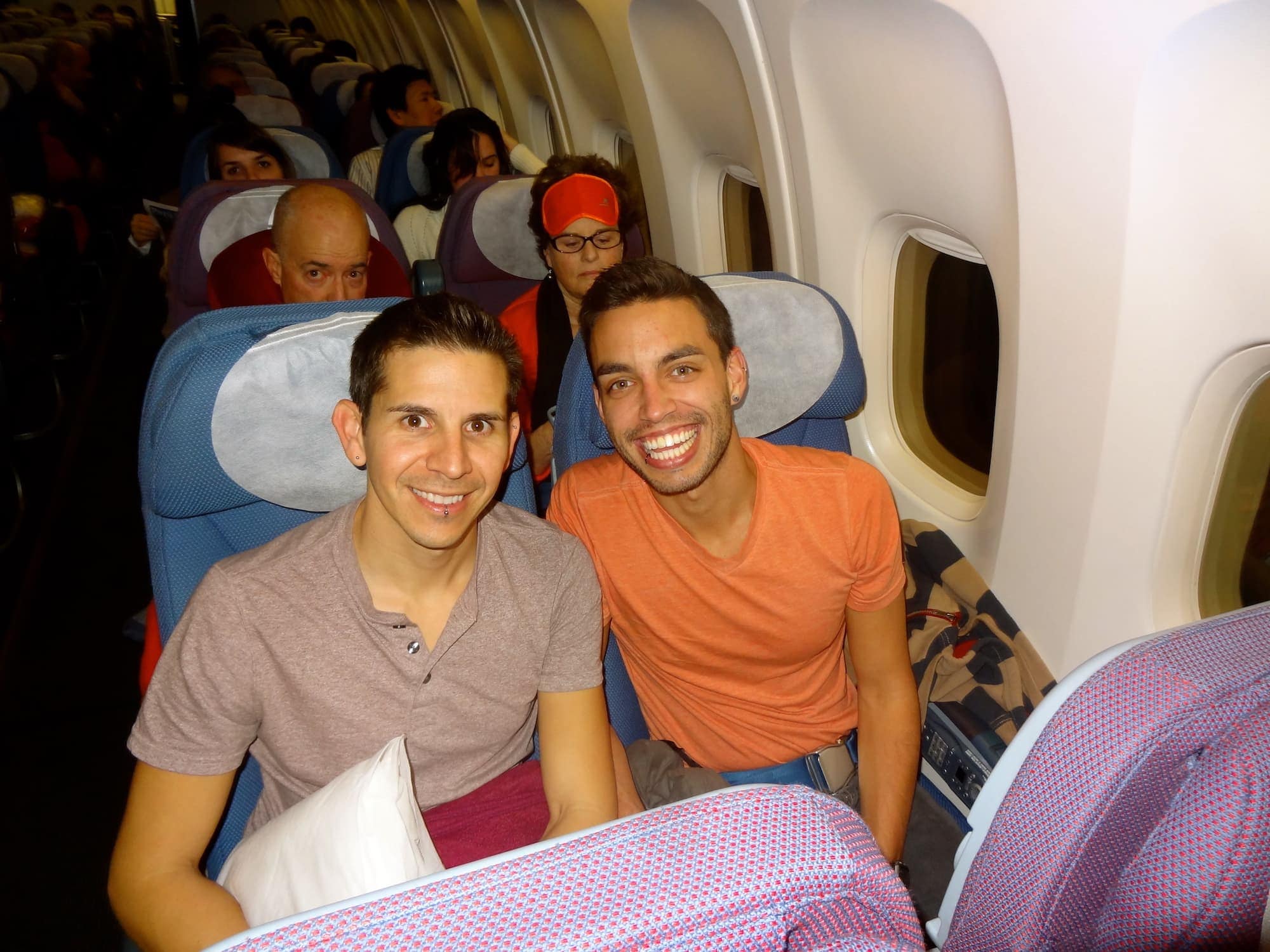
Traveling Out of Season
It’s during the holiday season when things get really heated…both in terms of weather and overcrowding. If you’re lucky enough to be able to choose when you take your holidays throughout the year, then consider taking the weight off popular destinations by visiting outside of summer. Spring and fall are the perfect time to visit just about anywhere as you’ll often still have good weather, fewer crowds to contend with, happier locals, and even cheaper hotel prices.
Advance Planning
A simple one, but big tourist attractions like the Acropolis in Athens or the Eiffel Tower in Paris get absolutely rammed – no matter when in the year you visit. Book your tickets online before you arrive to avoid adding to the chaos and stick to your allocated time. Also, learn to take your time whenever possible; just as Rome wasn't built in a day, neither can it be seen in one. An extended trip in one place is always better than rushing around from attraction to attraction within a limited timeframe.
Knowledge is Power
It shouldn’t need to be said that locals have a tendency to look down on those who puke on their streets, litter their beaches, and piss on their doorsteps. All countries in the world have laws against this – some harsher than others – so just be aware of the consequences of such behavior, and drink responsibly. However, other than the obvious, sometimes there are other rules and customs that are easier to break by accident, especially in locations like Japan or Singapore. Research is key; read up on wherever you go beforehand to avoid committing any social faux pas, which are likely to cause offense.
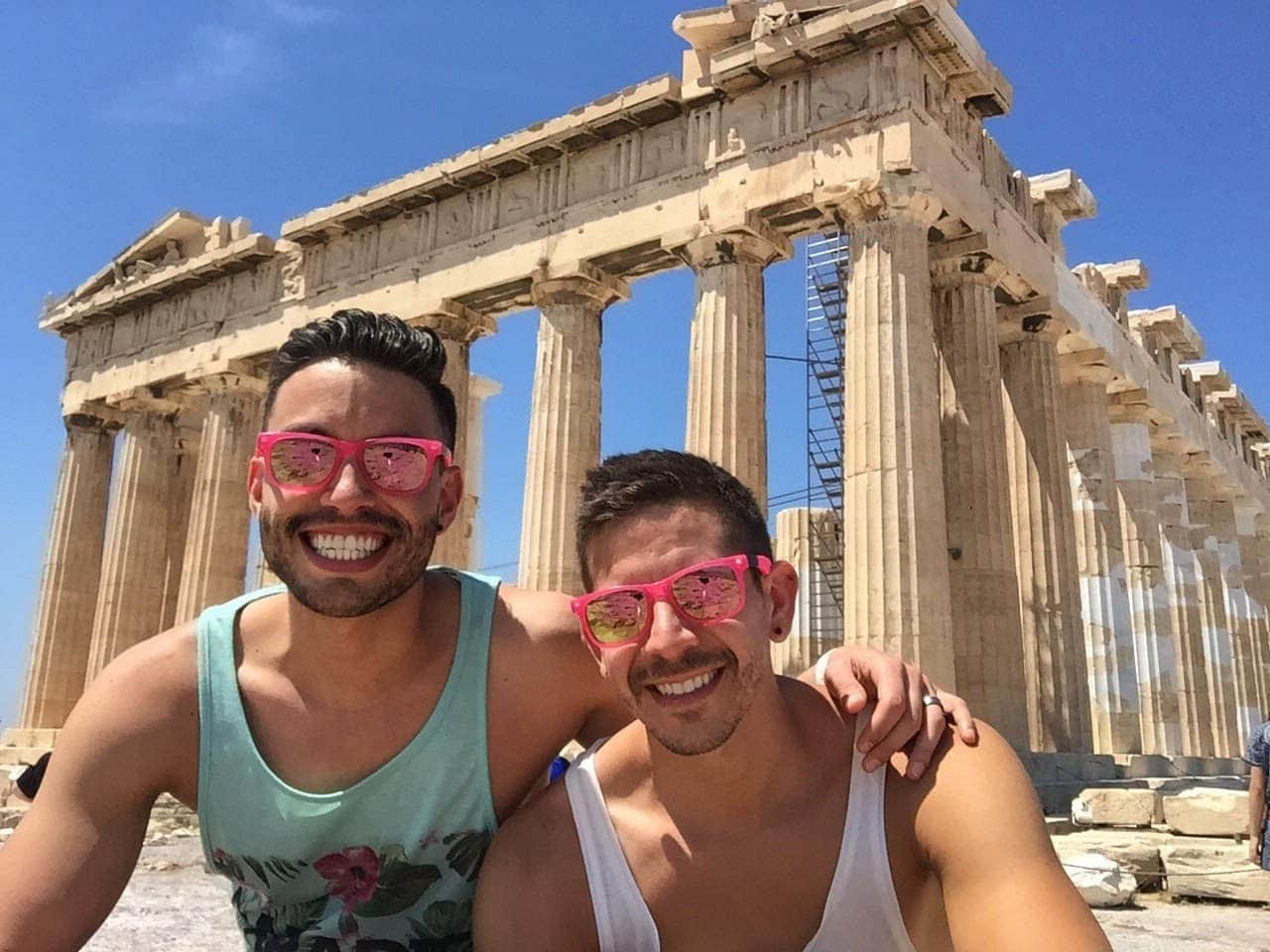
Take it Easy on the Socials
We appreciate the irony of bloggers stating this, but put your phone down from time to time. It’s wonderful to get that perfect photo in front of the Acropolis, but if you’re holding people up with a full-on fifteen-minute photoshoot, then you’re no doubt adding to the overcrowding problem as the inevitable bottleneck forms behind you. Also, it’s for your own benefit to learn to enjoy a place without spending the whole time getting a photo that everyone else has no doubt done better before.
Support the Locals
It is not really the fault of tourists that wealth brought in from tourism isn’t trickling down to the locals who feel the full brunt of overtourism. However, we can help the situation a little by seeking out restaurants and cafes which are – quite literally – off the beaten track. There are plenty of smaller, often family-run, establishments that would love a little of those pink dollars. Our city guides attempt to pinpoint some of these, but you can also get recommendations from the likes of your hotel receptionists, friends who know the location well, or even the locals themselves. Extra points if you can find LGBTQ-run establishments and support the local LGBTQ+ community too.
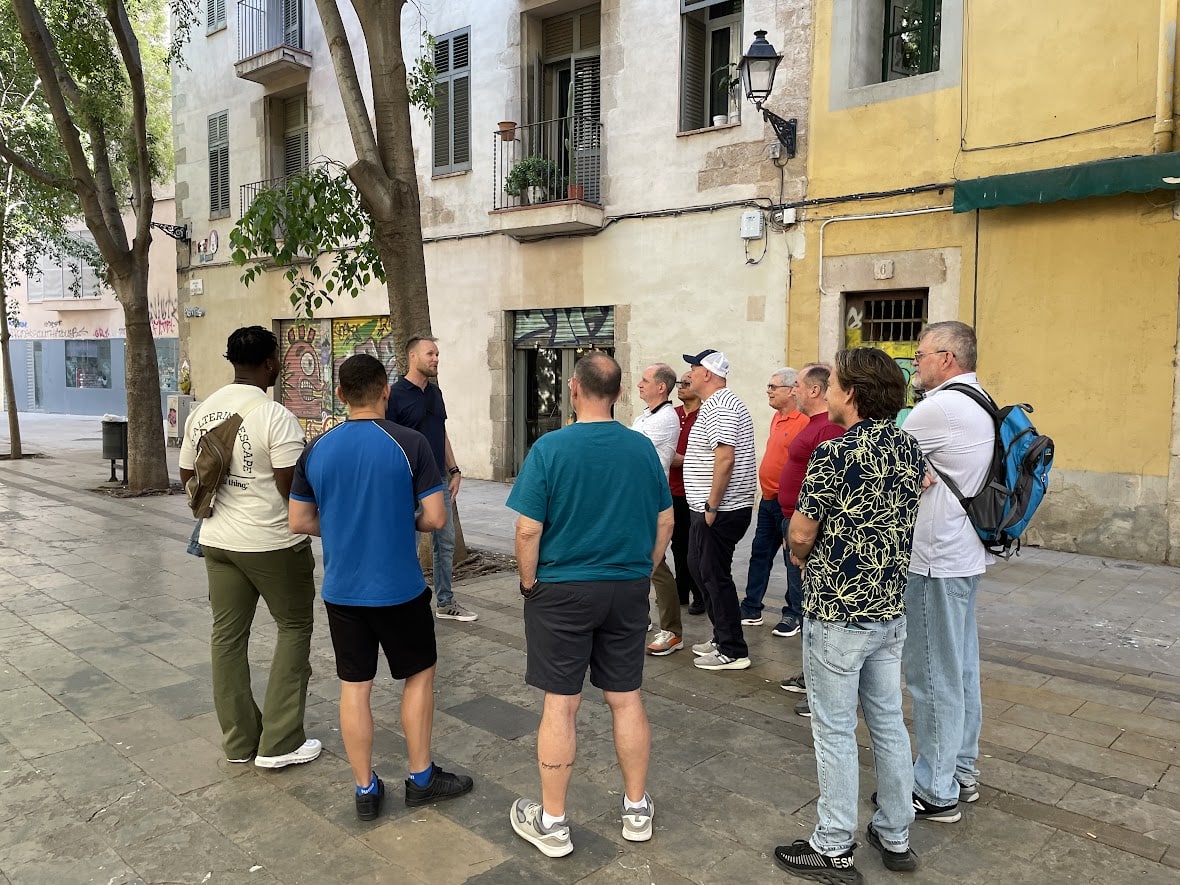
Take a Tour
A good walking tour will always attempt to showcase the best of a location while respecting the local customs and taking up as little space as possible. Companies like Devour/Walks, Out Adventures, Quiiky (in Italy) and our own tours in Spain endeavor to take you to the best lesser-known family-run/LGBTQ+ businesses, spreading the wealth a little. Plus, a bit of local knowledge can really give a true authentic feel of a place beyond the overflowing tourist traps.
Weekday Tripping
A lot of the bigger cities have great day trip options – like Toledo from Madrid or Positano from Rome. During the weekends these tend to get much busier as locals flock there hoping for a respite from big city life. However, if you go during the week, you can avoid all that and you’ll find businesses more receptive to having customers on days when they usually wouldn’t see much business.
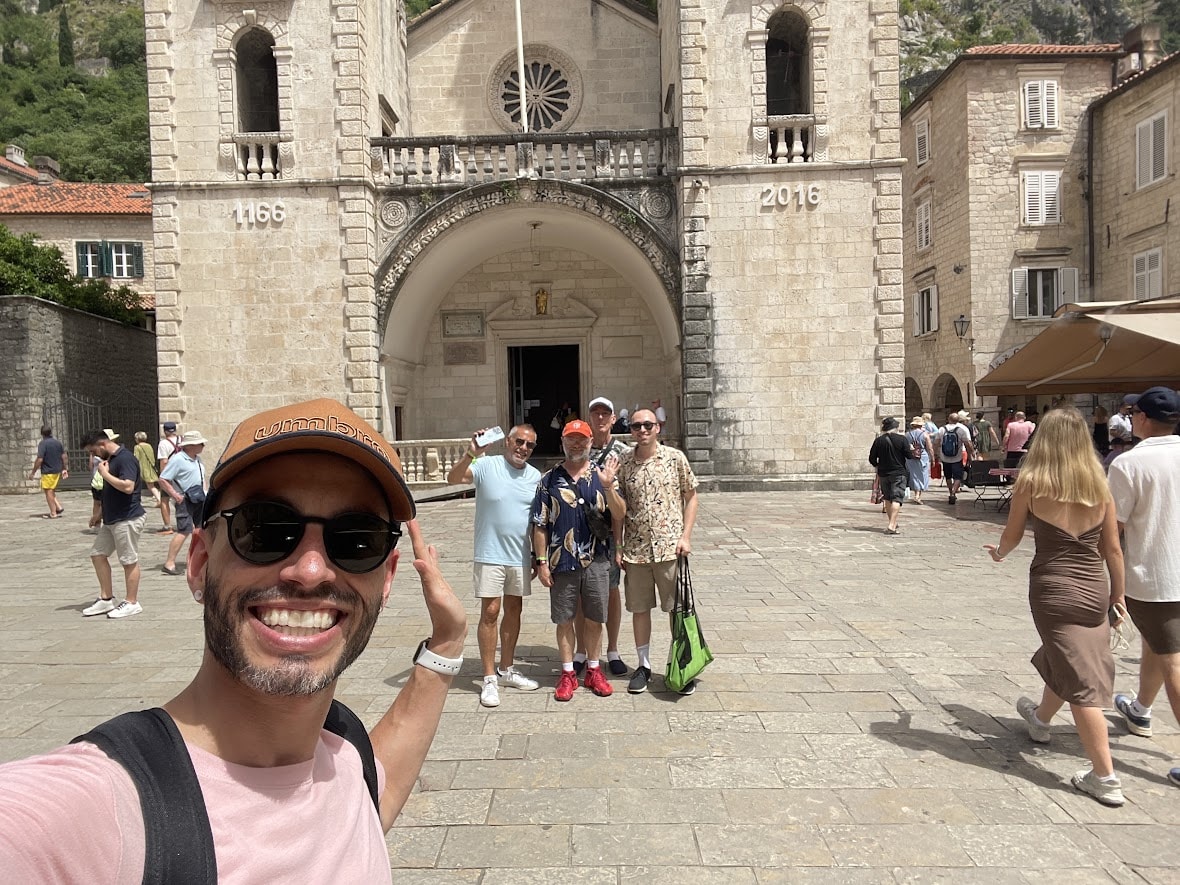
Go Where You’re Wanted
As amazing as places like Barcelona, Venice, Mykonos, Athens, Phuket, and Osaka are, they’re really suffering under the strain of overtourism at the moment. There’s no getting past the fact that those places are still worth seeing; however, there are smaller locations nearby that could use some of that tourism love. Trieste has canals just like Venice; Toulouse is a taste of authentic France to rival Paris; Koh Wai is as stunning as Phuket…a little research can always point you in the direction of places which are feeling the pressure of mass tourism less. If you’re looking for a smaller LGBTQ-loving place in Spain, you can’t go wrong with Sitges. It gets plenty busy too, but they love the gays there anytime of the year – tourists, expats or local!
Think Outside the (Touristy) Box
In the big cities, visitors tend to book their accommodations as near to the big attractions as possible. And in the case of us LGBTQ+ folk we often exclusively park ourselves in the gayborhoods. This is understandable, but can be a huge contributor to overcrowding. Consider areas just a little further out of the center – maybe the area next to the gayborhood, or another area still popular with the LGBTQ+ community. But check things hotel reviews online to make sure the neighborhood you choose is still LGBTQ+ friendly and safe in general.
The Airbnb Dilemma
This is a tough one! Airbnbs and rentals are really getting a bad rap at the moment – largely due to renters buying multiple properties and – rather lucratively – renting them out to tourists en masse. This has driven up rent prices for locals and has even pushed some out of their childhood homes. We aren’t going to tell you to never use Airbnbs and similar companies, but perhaps consider who you’re renting from. On Airbnb, you can check to see if your host is renting out multiple properties as opposed to honestly just offering up their home for visitors. Another option is to stay in someone’s room rather than renting out the whole apartment whenever possible. Or there are alternatives like the gay men-focused Misterbnb or Noirbnb for POC – to support underrepresented communities. Failing that, if your conscience gets the better of you, you can’t go wrong with a good locally-owned hotel or hostel. They’re, after all, made for that purpose.
We know full well that traveling is a privilege. And, as Uncle Ben from Spider-Man wisely said: “With great power comes great responsibility.” So travel responsibly and be the best “bad” tourist you can be!

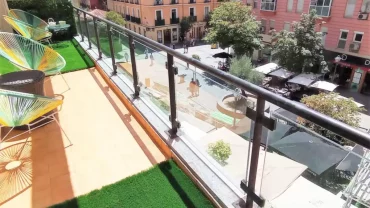


Comment (0)